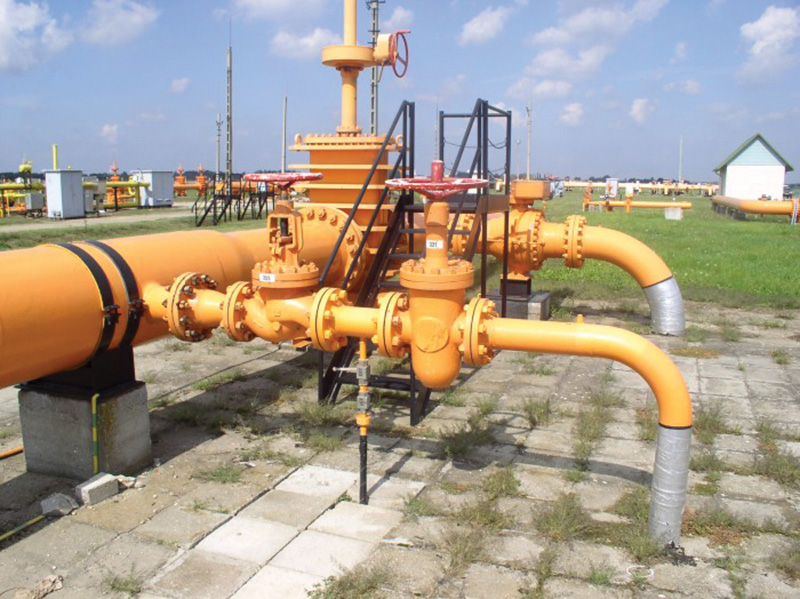March 2022, Vol. 249, No. 3
Special Section: Hydrogen
DNV Evaluating Hydrogen Readiness of Hungarian Gas Pipeline
GSZ Ltd., the owner and operator of the Hungarian high-pressure transmission natural gas pipeline system, commissioned DNV to assess the suitability for partial to full hydrogen transport of one of FGSZ’s pipelines.
The intention of this project is to evaluate the suitability of FGSZ’s DN600 system, which consists of a DN600 pipeline and valve station for hydrogen transportation. FGSZ has set up different scenarios to assess the implications of exchanging natural gas with up to 100% gaseous hydrogen.
As part of the European Green Deal, with the European Climate Law, the European Union (EU) has set a binding target to achieve climate neutrality by 2050. In this context, the EU Hydrogen Strategy provides guidelines and actions for how to kick-start the hydrogen economy. FGSZ is contributing to this strategy by examining the transportability of hydrogen and hydrogen mixtures in the Hungarian natural gas system.
Indeed, some 78% of senior energy professionals say repurposing existing infrastructure – such as the FGSZ system – will be key to developing a large-scale hydrogen economy. This is according to DNV’s recent report, Rising to the Challenge of a Hydrogen Economy.
The natural gas transmission system has been well established in Hungary for more than 70 years, and the total length of the long-distance pipeline system is 3,650 miles (5,874 km). With respect to its volume, the pipeline system – when filled up to full pressure – can cover Hungary’s gas demand for one day in the coldest winter.
“Hydrogen will play a key role in deeply decarbonizing Europe’s gas transportation industry,” said Prajeev Rasiah, executive vice president for Energy Systems, Northern Europe at DNV. “This is an important step for FGSZ, and for Hungary, in contributing to the EU climate neutrality target by 2050.






Comments